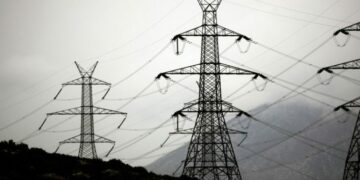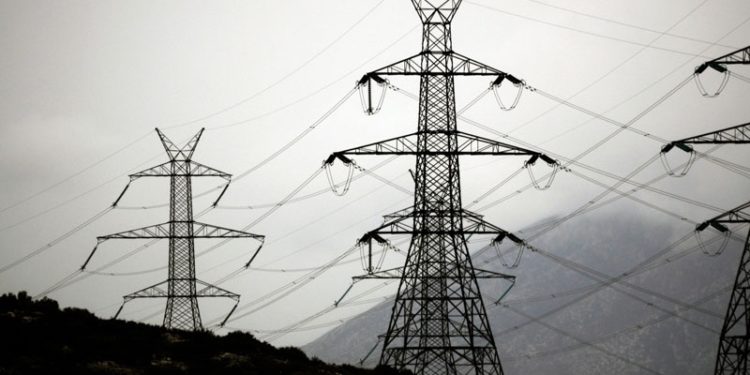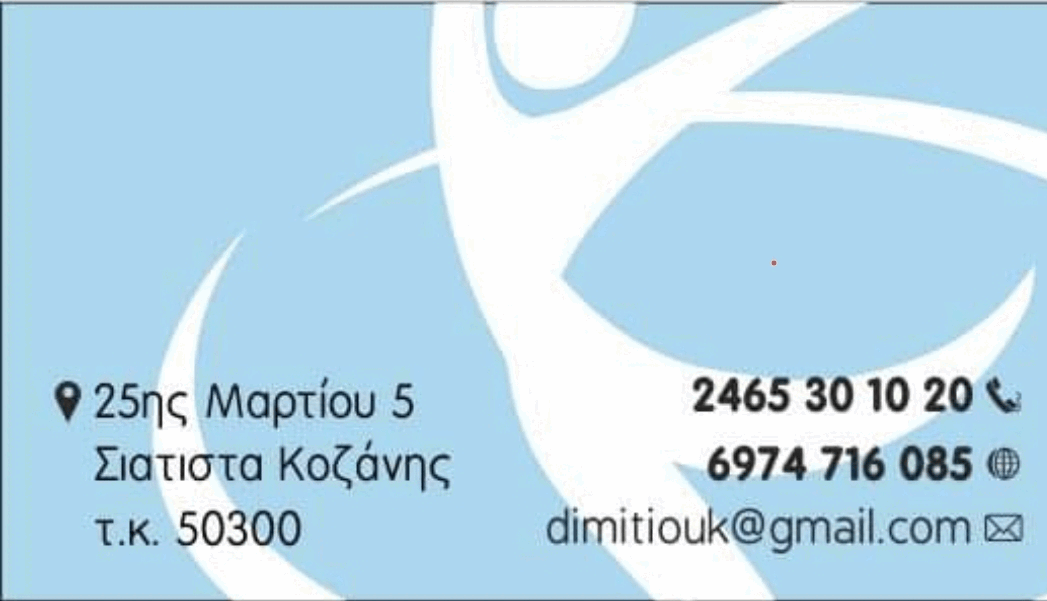Όσο πιο νωρίς τεθεί η ημερομηνία απολιγνιτοποίησης μιας χώρας, τόσο μεγαλύτερο θα είναι και το μερίδιό της σε ένα Ταμείο Δίκαιης Μετάβασης για τις χώρες των Δυτικών Βαλκανίων, όπως διαπιστώνεται από την ανάλυση του Green Tank σε συνεργασία με το CEE Bankwatch Network, που δημοσιεύεται σήμερα.
Οι περισσότερες χώρες των Δυτικών Βαλκανίων έχουν μακρά εξάρτηση από τον λιγνίτη και τον λιθάνθρακα για την παραγωγή της ηλεκτρικής τους ενέργειας. Όμως, καθώς η διεθνής κοινότητα και ειδικά η Ευρωπαϊκή Ένωση, κινητοποιούνται για την αντιμετώπιση της κλιματικής κρίσης, τα στερεά ορυκτά καύσιμα δεν αποτελούν πλέον οικονομική λύση και οι απαρχαιωμένες μονάδες ηλεκτροπαραγωγής της περιοχής θα πρέπει να κλείσουν τα επόμενα χρόνια.
Ωστόσο, η μετάβαση από τα στερεά ορυκτά καύσιμα στα Δυτικά Βαλκάνια πρέπει να γίνει χωρίς αποκλεισμούς και με τη συμμετοχή αυτών οι οποίοι θα επηρεαστούν περισσότερο, δηλαδή των εργαζομένων στη λιγνιτική βιομηχανία και των τοπικών κοινωνιών στις λιγνιτικές περιοχές. Απαιτεί επιπλέον την κινητοποίηση σημαντικών δημοσίων πόρων, οι οποίοι πρέπει να κατανεμηθούν στις χώρες των Δυτικών Βαλκανίων με τρόπο που να αποφεύγει τα λάθη τα οποία έγιναν στον σχεδιασμό του αντίστοιχου Ευρωπαϊκού Ταμείου Δίκαιης Μετάβασης.
Η νέα έκθεση, με τίτλο «Ταμείο Δίκαιης Μετάβασης για τα Δυτικά Βαλκάνια» που δημοσιεύουν το Green Tank και το CEE Bankwatch Network, υπογραμμίζει την ανάγκη για ένα Tαμείο Δίκαιης Μετάβασης για τις χώρες των Δυτικών Βαλκανίων και, χρησιμοποιώντας ένα ειδικό μοντέλο, διερευνά το πώς η κατανομή των πόρων θα γίνει με όσο το δυνατόν πιο δίκαιο τρόπο.
Το προτεινόμενο μοντέλο κατανομής, χρησιμοποιεί πέντε (5) κριτήρια τα οποία ποσοτικοποιούν για κάθε χώρα την εξάρτηση από τα στερεά ορυκτά καύσιμα και το πετρέλαιο, την κλιματική φιλοδοξία όπως αντικατοπτρίζεται από τις δεσμεύσεις απολιγνιτοποίησης, τα επίπεδα ατμοσφαιρικής ρύπανσης από τη χρήση λιγνίτη και λιθάνθρακα καθώς και την οικονομική δυνατότητα που έχει κάθε χώρα να αντιμετωπίσει τις προκλήσεις που προκύπτουν από τη μετάβαση. Έξι σενάρια απολιγνιτοποίησης αναλύθηκαν χρησιμοποιώντας το μοντέλο, όπως επίσης και ένα πλήθος διαφορετικών συντελεστών βαρύτητας για τα κριτήρια κατανομής.
Το βασικό συμπέρασμα της ανάλυσης είναι ότι η ταχύτερη δέσμευση για απεξάρτηση από λιγνίτη και λιθάνθρακα, αυξάνει σημαντικά το μερίδιο των πόρων που θα λάβει μία χώρα. Πιο συγκεκριμένα:
- Η Σερβία επωφελείται περισσότερο από μια πιο γρήγορη απεξάρτηση από τα στερεά ορυκτά καύσιμα, στα πέντε από τα έξι σενάρια που αναλύθηκαν, λαμβάνοντας έως και 45.4% του Ταμείου Δίκαιης Μετάβασης.
- Η Βοσνία-Ερζεγοβίνη ενδέχεται να λάβει έως και 34.6% και να ξεπεράσει ακόμη και το μερίδιο της Σερβίας στο σενάριο κατά το οποίο η απεξάρτηση της ολοκληρωθεί μέχρι το 2030, ενώ η Σερβία και το Κόσοβο επιμείνουν στο μοντέλο ηλεκτροπαραγωγής με στερεά ορυκτά καύσιμα έως το 2050 και το 2040 αντίστοιχα.
- Το Κόσοβο θα λάβει μέχρι και 23.8% των πόρων, υπό την προϋπόθεση ότι θα απολιγνιτοποιηθεί έως το 2030.
- Στη περίπτωση της Βόρειας Μακεδονίας, το 2027 που έχει θέσει ως προθεσμία για την απολιγνιτοποίησή της ευθύνεται για την αύξηση του μεριδίου της στο 13% του ΤΔΜ, ποσοστό σχεδόν διπλάσιο από το μερίδιο του 7.4%, που θα είχε λάβει, εάν είχε αποφασίσει να παρατείνει την εξάρτησή της από τον λιγνίτη και τον λιθάνθρακα μέχρι το 2050.
- Το Μαυροβούνιο θα μπορούσε σχεδόν να τριπλασιάσει το μερίδιό του στο 4% του Ταμείου εάν αποφασίσει να αποσύρει τη μοναδική μονάδα ηλεκτροπαραγωγής από λιγνίτη, που επί του παρόντος λειτουργεί πέρα από τις 20,000 νόμιμες ώρες λειτουργίας του, το 2022 αντί για το 2035 για το οποίο η χώρα έχει δεσμευτεί.
Επίσης, η διαφορά μεταξύ των χαμηλότερων και υψηλότερων δυνητικών μεριδίων κάθε χώρας για τα έξι σενάρια απολιγνιτοποίησης που αναλύθηκαν αυξάνεται όταν το κριτήριο της ταχύτητας μετάβασης έχει μεγαλύτερο συντελεστή βαρύτητας. Τέλος, όταν λαμβάνεται υπόψη η οικονομική δυνατότητα κάθε χώρας στα Δυτικά Βαλκάνια στον σχεδιασμό του Ταμείου Δίκαιης Μετάβασης, ευνοούνται οι οικονομικά ασθενέστερες χώρες (Κόσοβο, Βοσνία-Ερζεγοβίνη και Αλβανία).
«Για να αποφευχθούν οι επιπτώσεις μίας απότομης μετάβασης, όπως αυτή που συμβαίνει στις λιγνιτικές περιοχές της Ελλάδας, οι χώρες των Δυτικών Βαλκανίων θα πρέπει να αρχίσουν να σχεδιάζουν άμεσα τη μετάβαση των λιγνιτικών τους περιοχών. Η ΕΕ χρειάζεται να παράσχει τεχνική και οικονομική υποστήριξη για την ανάπτυξη ενός ταμείου Δίκαιης Μετάβασης για τα Δυτικά Βαλκάνια, ενώ η ταχύτητα μετάβασης πρέπει οπωσδήποτε να συμπεριληφθεί στα κριτήρια κατανομής ώστε να αξιολογηθεί σωστά ο επείγων χαρακτήρας της μετάβασης σε κάθε χώρα», δήλωσε ο Νίκος Μάντζαρης, αναλυτής πολιτικής της δεξαμενής σκέψης The Green Tank.
«Η μετάβαση μακριά από τα ορυκτά καύσιμα στα Δυτικά Βαλκάνια έρχεται πολύ γρηγορότερα απ’ ότι αναμένουν οι κυβερνήσεις και ένα Ταμείο Δίκαιης Μετάβασης είναι απαραίτητο για να υποστηρίξει αυτή τη διαδικασία. Αυτόν τον χειμώνα, μεγάλο μέρος της περιοχής είχε δυσκολίες με βλάβες στις μονάδες ηλεκτροπαραγωγής και την προμήθεια λιγνίτη και λιθάνθρακα. Απαρχαιωμένες μονάδες λιγνίτη και λιθάνθρακα στη Βόρεια Μακεδονία, τη Σερβία και το Κόσοβο τέθηκαν εκτός λειτουργίας, δίνοντας έμφαση έτσι στην ανάγκη να επιταχυνθούν οι επενδύσεις σε μέτρα ενεργειακής απόδοσης και βιώσιμες μορφές αποκεντρωμένης παραγωγής ενέργειας από ανανεώσιμες πηγές,» δήλωσε η Ioana Ciuta από το CEE Bankwatch Network.




























